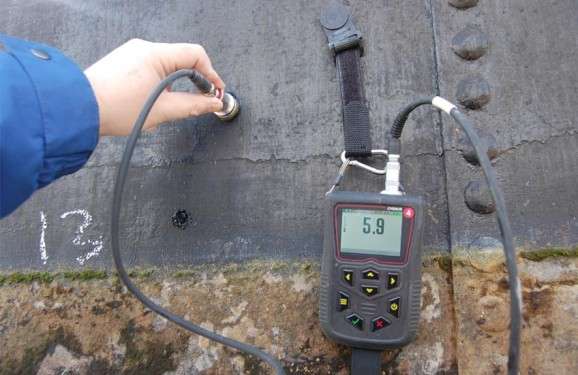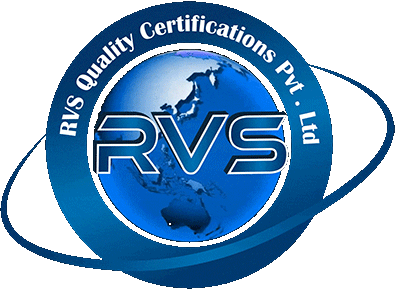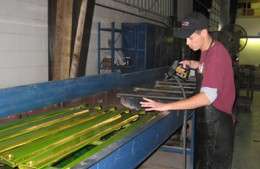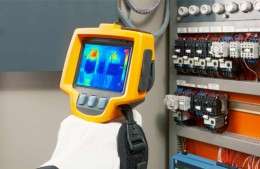I have been out of industrial activity after completing my graduation for about 2 years, then RVS Quality Certifications Pvt Ltd has changed my outlook on my career. Adopting a course in NDT has helped me launch my career.
Ultrasonic thickness measurements
- By: Admin

Ultrasonic testing gauging is a non-destructive testing method of ultrasonic thickness measurement & is used to inspect the metal thickness of ship hulls, pipes, and structural steel.
Many businesses rely on thickness measurements to monitor corrosion, erosion, and damage. The method of ultrasonic thickness measuring (UTM) is widely utilised, and it may be applied to a variety of structures and components, including ship hulls, pipes, pressure vessels, and structural steel.
Metal loss due to corrosion, erosion, or damage must be detected to ensure the examined item/continuous structure's safety and function. It can also be used to decide whether repairs or replacements are required, or whether the item or structure should be retired. Customers can use ultrasonic thickness measurement data to assess if the tested item meets the required standards.
An ultrasonic thickness gauge measures the time it takes for a sound pulse generated by a small probe known as an ultrasonic transducer to go through a test piece and reflect back from the inside surface or far wall. The test piece's thickness is estimated and shown on a digital screen based on this measurement.
The testing equipment's portability enables for on-site assessment and immediate findings. If the approach detects an issue, additional non-destructive testing procedures might be utilised to investigate the findings further.
Inspectors from TUUV have extensive expertise providing ultrasonic thickness measurements and corrosion evaluations for a wide range of industries, including oil and gas, power generation, structural contractors, and foundries. TUUV also offers Total Quality Assurance solutions for all of your thickness gauging and corrosion monitoring needs, as we can undertake non-destructive follow-up testing.
Our commitment to quick turnaround times ensures that we meet your deadlines, and our experience ensures that your components are tested in accordance with industry standards, norms, or customer specifications.
RVS is the absolute best value to learn Aerospace NDT Training Course to nurture my skills. I am completely satisfied with how affordable the service they provide. Thanks RVS Team for constant support.
I would like to thank RVS for their time and patience in helping me learn and grow with my NDT courses. I was able to work and learn at the same time, with no pressure. I would recommend RVS to anyone seeking to work and take courses at the same time. I accomplished the course and today I'm a Certified PCN Level II UT engineer.
RVS helped our new hires to acquire the comprehensive training they need, as well as for refresher courses for our current employees. This has worked well for us in obtaining the necessary NDT certifications.
Just a few lines to express my gratitude for your outstanding service over the past year. We would have no issue in referring to your organisation because of your customer devotion and professionalism.
NDT is employed in a wide range of industries, including oil and gas, aerospace, energy, power, nuclear, and transportation, with nearly endless career opportunities. A job in NDT is extremely dynamic, and ongoing training is required.
One of the advantages of a four-year NDT programme is that students can study in a more focused and instructive manner. For graduates, this offers up a plethora of new NDT employment options, including quality assurance, management, engineering design, research, NDT training, and teaching.
Non-Destructive Testing (NDT) Training Courses - Levels 1, 2 and 3.
The PCN (Personnel Certification in Non-Destructive Testing) is a programme that meets the BS EN ISO 9712 requirements for NDT technicians and supervisors. It is founded in the United Kingdom, but it has an impact on a number of countries in the European Union.








